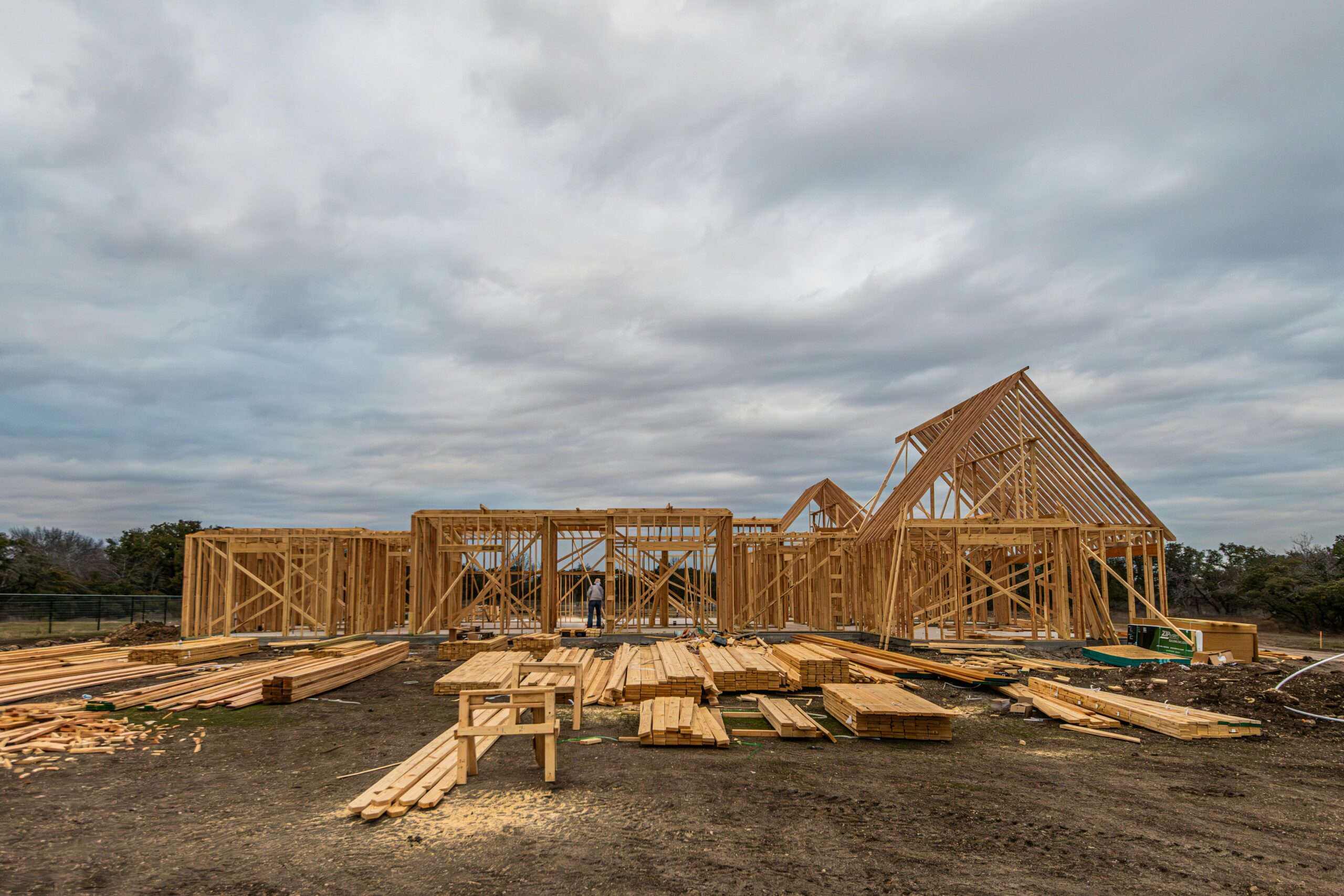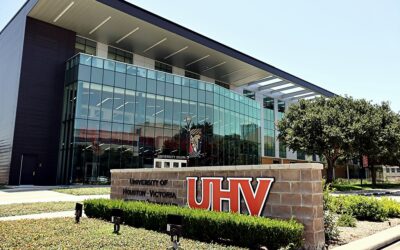In alignment with several bills enacted by the 89th Texas Legislature, Fort Worth will implement a series of amendments to comply with updated zoning ordinance and development regulations. The changes resulting from these amendments will primarily impact and expand affordable housing options, targeting existing city codes and internal processes.
The city will present the amended ordinance proposals to the Zoning Commission on Sept. 10. The city council will take action on these items in October. A Community Townhall Meeting will be hosted Sept. 8 to answer questions regarding the new ordinance changes. The city council anticipates that it will make final changes to the code and zoning map based on public feedback before it is presented.
Fort Worth listed five new laws that are the primary influencers behind the updated amendments. Among them, Senate Bills (SB) 840 and 2477 will impact multifamily and mixed-housing development and conversion.
SB 840 requires cities to greenlight multifamily and mixed-use residential developments in all commercial districts and the Light Industrial District. Fort Worth will not be allowed to require rezoning, variances, special exceptions or comprehensive amendments to allow these types of projects. In addition, the city’s ability to regulate certain development standards will be limited.
SB 2477, by comparison, targets building conversion regulations, allowing former office, retail or warehouse buildings to be converted into mixed-use residential or multifamily developments. The buildings must be at least five years old and allocate a minimum of 65% per floor space for occupancy. Similar restrictions on compliance and standards as featured in SB 840 will be required.
Regarding small lot development, SB 15 will disallow the city to require residential lots to be larger than 3,000 square feet, wider than 30 feet or deeper than 75 feet. These standards apply to cases where the lot will be platted and zoned for single-family residential use, covers at least five acres and is unplatted.
The implementation of SB 1883 requires additional notice to the public and specific criteria for reviewing and making recommendations on impact fees to the city council. Finally, House Bill 24 increases the petition requirements for triggering a city council super-majority vote for zoning changes centered around residential uses. The percentage has been raised from 20% to 60%.
Photo by Ryan Stephens from Pexels







